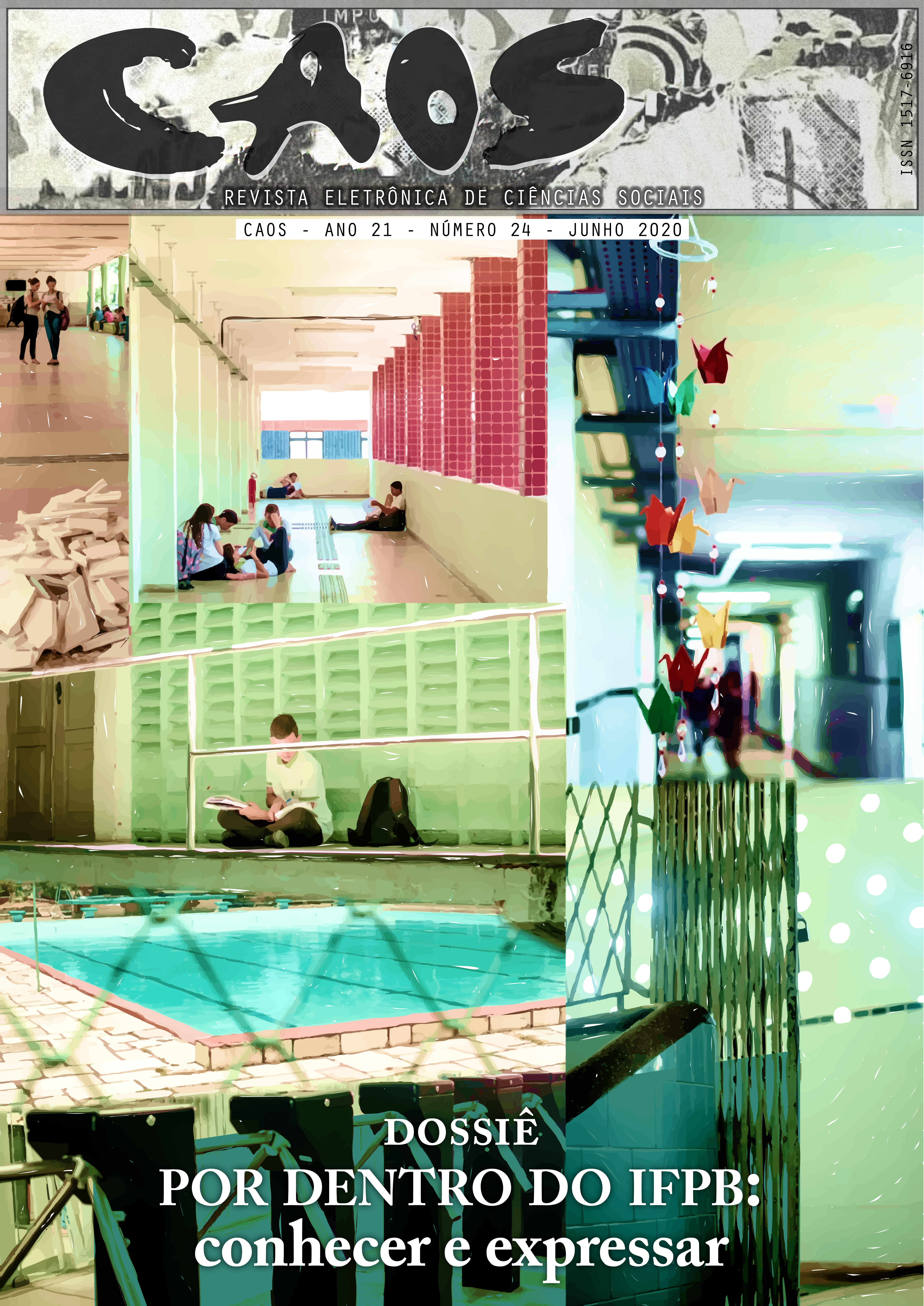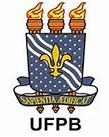TEMÁTICA INDÍGENA E EXTENSÃO UNIVERSITÁRIA: um olhar para os editais da Pró-Reitoria de Extensão e Cultura do IFPB
DOI:
https://doi.org/10.46906/caos.n24.50784.p58-81Keywords:
Povos Indígenas, Lei 11.645, Extensão e Cultura, Ensino de SociologiaAbstract
This work emerges from law 11,645, guiding the use of anthropology and sociology as mediators of indigenous theme teaching, being the result of the experiences carried out within the framework of the Programa de Bolsas de Iniciação à Docência – PIBID/Sociologia, under the coordination of Rita Santos and Adolfo Wagner. Methodologically, I carry out a mapping of the initiatives of the Programa Institucional de Bolsas de Extensão e Cultura (PROBEX), especially with regard to project edicts between 2014 and 2019. Of all available projects, only ten are linked to indigenous peoples in the Paraíba context: eight are directly inserted with the Potiguara and Tabajara indigenous peoples, in the face of axes such as the environment, the right to citizenship and fostering cultural activities and two others turn to the historical rescue of the importance of indigenous peoples in the formation of Brazil. From our analyses, we note the urgency of expanding institutional promotion when dealing with the indigenous theme multilaterally, from the interfaces of teaching, research and extension. At the same time, the challenges faced by universities and federal institutes in the face of the dismantling of public education after the coup of 2016, intensifying the reduction of the already incipient initiatives of extension focused on indigenous theme.
Downloads
Metrics
Published
Issue
Section
License
A Caos é regida por uma Licença da Creative Commons (CC): CC BY-NC 4.0, aplicada a revistas eletrônicas, com a qual os autores declaram concordar ao fazer a submissão. Os autores retêm os direitos autorais e os de publicação completos.
Segundo essa licença, os autores são os detentores dos direitos autorais (copyright) de seus textos, e concedem direitos de uso para outros, podendo qualquer usuário copiar e redistribuir o material em qualquer suporte ou formato, remixar, transformar e criar a partir do material, ou usá-lo de qualquer outro propósito lícito, observando os seguintes termos: (a) atribuição – o usuário deve atribuir o devido crédito, fornecer um link para a licença, e indicar se foram feitas alterações. Os usos podem ocorrer de qualquer forma razoável, mas não de uma forma que sugira haver o apoio ou aprovação do licenciante; (b) NãoComercial – o material não pode ser usado para fins comerciais; (c) sem restrições adicionais – os usuários não podem aplicar termos jurídicos ou medidas de caráter tecnológico que restrinjam legalmente outros de fazerem algo que a licença permita.
Recomendamos aos autores que, antes de submeterem os manuscritos, acessem os termos completos da licença (clique aqui).
















